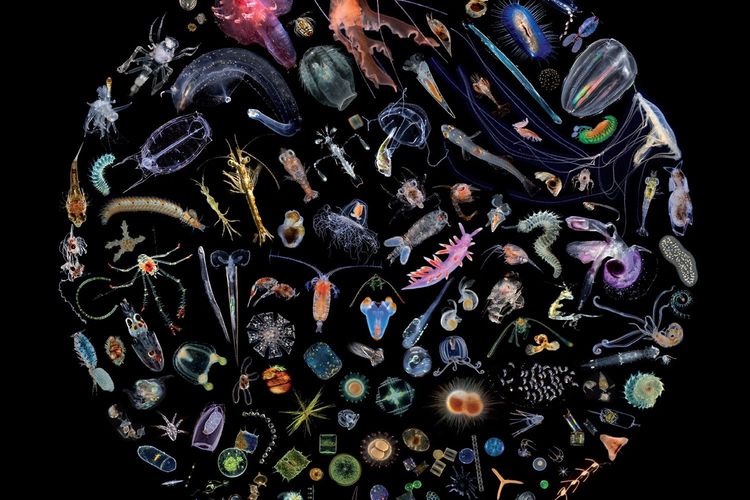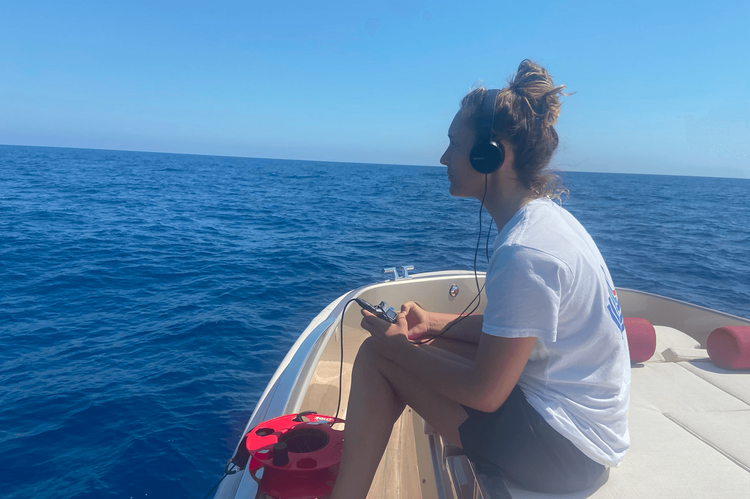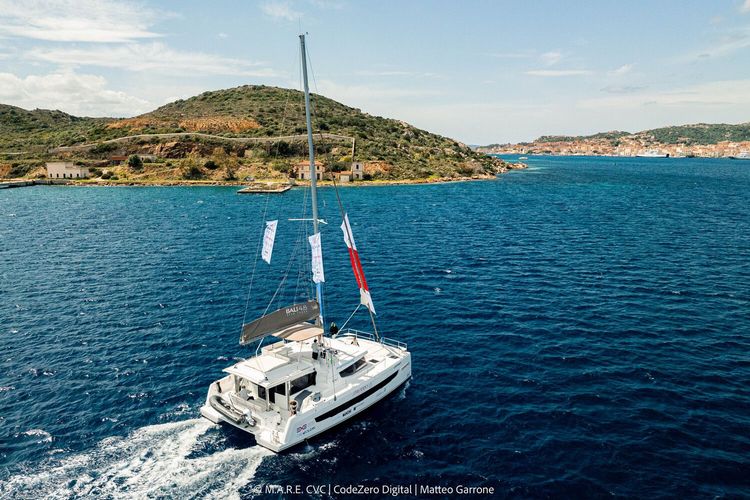
Marine plankton are key components of marine ecosystems and form the foundation for life in the ocean. Plankton sustain marine food webs by being a primary food source and the energy they provide is transferred to higher trophic levels including fish, marine birds and mammals. Phytoplankton greatly contribute also to the regulation of carbon dioxide concentration in the atmosphere through photosynthesis. Moreover, by sinking down in the water column, phytoplankton help export carbon from the surface layers to the deeper ocean, where it is stored for hundreds to thousands of years. This process is known as the ocean’s biological carbon pump.
The increasing warming of the oceans is having major impacts on the ocean’s health, causing variations in marine biodiversity driving sensitive plankton species to migrate poleward to colder waters, causing changes in community composition and diversity. IUCN Global Marine and Polar Programme and ETH Zürich Environmental Physics research group launched the Marine Plankton diversity bioindicator scenarios for policy makers (MAPMAKER) that visualizes global plankton diversity patterns across the globe.
This new instrument uses images sent by satellites in space to monitor plankton dynamics across large areas by taking pictures of the colour of the ocean and, through mathematical models, it is possible to estimate surface plankton concentration. This knowledge can be used to define ocean biomes, project future changes in global plankton biodiversity, and identify hotspots of change.


